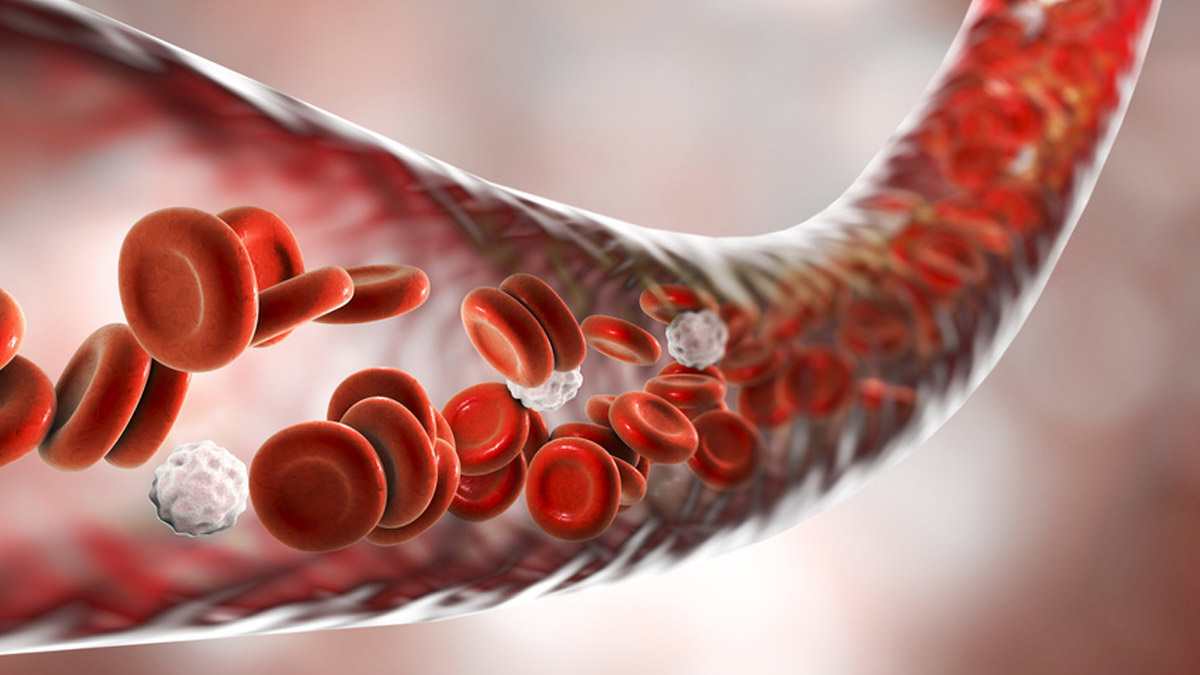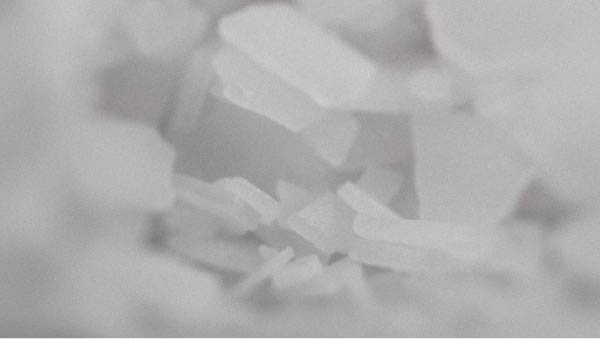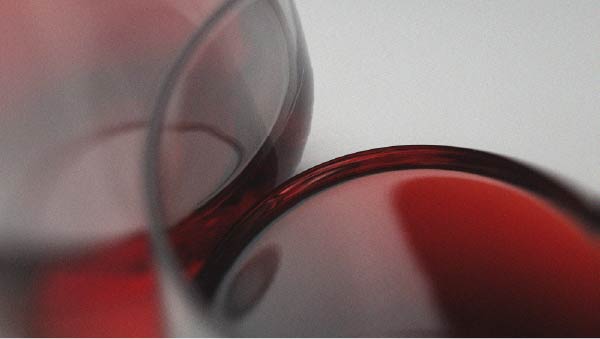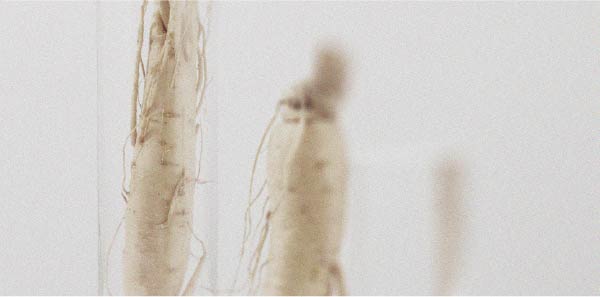How can I improve blood circulation?
Do you often suffer from heavy legs? Separate fact from myth and manage your blood circulation problems more effectively.

Eating well helps improve blood circulation
Yes. It’s important to eat a varied and balanced diet in order to limit weight gain, which promotes clogging of arteries. It’s also crucial to focus on foods rich in antioxidants, which protect vascular walls. Fruits, vegetables, grains, unsaturated fats, and lean meats are your allies.
Women experience heavy legs more often than men
Yes. Nearly 60% of women complain of blood circulation problems, while only 40% of men do. The problem of heavy legs is a direct consequence of insufficient venous return. This condition affects women at specific parts of their cycles, during pregnancy, or when they’re taking oral contraceptives. Women are more affected by heavy legs because of hormones that promote the storage of fat and water.
Exercise makes circulation problems worse
No, definitely not. Exercise is beneficial, especially because muscles (in particular the calf muscles) play an important role in venous return when they contract. Exercise also counters the effects of a sedentary lifestyle and weight gain, two factors that contribute to heavy legs. It’s important, however, to exercise carefully, avoiding high impact sports and engaging in gentle endurance activities (such as active walking or cycling). All aquatic exercises are great options because water has a natural and beneficial massaging effect on our lower limbs.
Certain plants have a beneficial effect on venous return problems
Yes. Cleansing beverages and detoxifiers from certain plants have been found to produce beneficial effects on venous return. These plants are also used extensively in phytotherapy (food supplements, cleansing beverages, and massage oils) to regulate blood circulation and control venous return problems. Among the bestknown plants that can help improve blood circulation are red grapes, horse chestnuts, and ginkgo biloba.
A well done massage can improve circulation and venous return
Yes. Massaging your legs (with a cold pack glove or under a shower head) from your ankles to your thighs relieves leg swelling. There are also specially formulated products that you can use for massages. Many people don’t realize that massaging their plantar arches is quite effective as the soles of the feet are the starting point of venous return.
Venous return improves as we age
No. Blood vessels actually lose elasticity, which doesn’t help circulation. Moreover, seniors tend to have more sedentary lifestyles and to gain more weight. It is therefore beneficial to adopt a healthy lifestyle as early as possible.
Varicose veins are a sign of poor blood circulation.
Yes. Just like the sensation of heavy or swollen legs, varicose veins are related to blood circulation problems. If you have varicose veins, you should follow the suggestions in this article, but also avoid wearing tight clothes and exposure to heat (especially a hot shower or bath). If you have extensive varicose veins, you need to see a doctor who will prescribe a veinotonic or will guide you towards having surgery.
Sleeping with your legs raised helps stimulate blood circulation
Yes. Poor blood circulation is also a mechanical problem. Gravity draws blood to the lower parts of the body, where several factors (valve failure, excess weight, staying seated for long periods), often in combination, complicate venous return. Elevating your feet by 5-10 cm while you are lying down (by placing a block under the foot of your bed or using a pillow) facilitates venous return.
Keywords
11 Hours
this company and its products are…
this company and its products are perfect: I have been their customer for three years , prices are reasonable for the high quality they offer , the products are of very good quality not just plainly "normal" , delivery is quite fast. we are very satisfied with them.
Gabriel Diacakis
1 Days
TOP service TOP products will buy again…
TOP service TOP products will buy again and again
PINOTTI Giorgio
3 Days
Trustworthy company with tested products
Trustworthy company with tested products
Trusted
7 Days
Efficiency and speed
Efficiency and speed
Cuccie
9 Days
GOOD BRAND IN FOOD COMPLEMENTS
GOOD BRAND IN FOOD COMPLEMENTS - SERIOUS WITH GOOD DOCUMENTS AND DETAILS SCIENTIST. AND SERIOUS HONNEST COMMERZIALISATION. I HAVE TRUST IN THEIR PRODUCTS.
FENOGLIO Guy
10 Days
Very good experience
Very good experience, the products arrived in time, in perfect condition and are good quality. Thank you.
GABI TIRCOCI
16 Days
very good expereince
very good expereince
Jelena Đaković
16 Days
Very good products.
Very good products.
Agnes BENDSAK
18 Days
Just OK
Just OK, ordering from company for many years and being safisfied
Lynn Mae
19 Days
Recomendo
Produtos encomendados são recebidos atempadamente e de acordo com o anunciado! Muito satisfeita!
Carla Sofia
19 Days
Everything is great!
Everything is great!
Jonas
24 Days
The delivery was fast and the product…
The delivery was fast and the product is great
SOMMARIVA Gianni
25 Days
Great service and lots of information
Great service and lots of information
Gabi
28 Days
Service Satisfaction
I’m satisfied with the service; it fulfilled what it set out to do.
Anfhony Abreu
31 Days
Original product and fast delivery
Original product and fast delivery. I haven't started it yet, but will do soon.
Vincenza Catania
of experience
your money back
##montant## purchase




